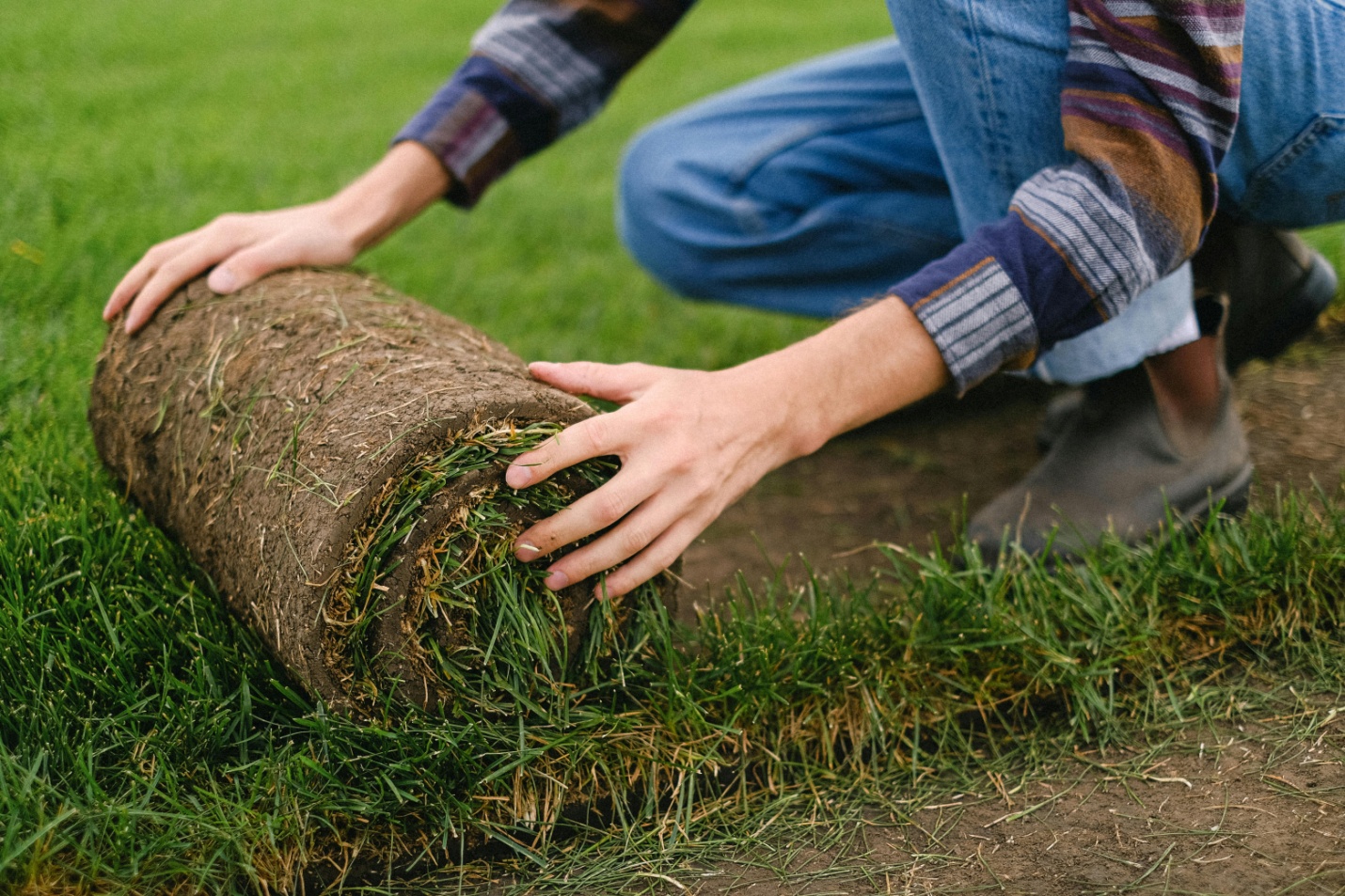Achieving a vibrant, resilient lawn during Florida’s relentless heat not only requires routine lawn care in summer, but it also requires strategy.
Turfgrass in the region faces a unique blend of high humidity, intense sunlight, and frequent downpours, all of which place considerable stress on the lawn. Unlocking a healthy lawn begins with selecting heat-tolerant grass varieties, installing sod correctly, and maintaining consistent, climate-appropriate care.
This article explores how thoughtful decisions around grass type, installation timing, and ongoing lawn maintenance can transform your outdoor space, even under extreme summer conditions.
Choosing the Right Grass for Florida’s Climate
Not all grasses are suited for Florida’s subtropical environment. Some varieties simply can’t withstand the heat, salt, and sudden downpours.
St. Augustine is widely used for residential lawns due to its shade tolerance and dense coverage. Zoysia is slow-growing but offers excellent wear resistance and drought tolerance; Bermuda grass thrives in full sun and is ideal for high-traffic areas.
Selecting the right grass type in Florida lays the foundation for successful lawn care in summer. It ensures better growth, disease resistance, and fewer issues down the line.
Proper Sod Installation: Starting Strong
Installing sod during the warmer months can be tricky, but it’s often necessary. The key is timing and preparation. Sod should be laid during active growing periods, which are spring through early summer, to allow roots to establish before the peak of the heat.
After installation, lawn care is all about consistency. Water the sod lightly but frequently for the first two weeks to encourage root establishment. Avoid lawn mowing until the new grass is firmly rooted, typically after 14 days.
Maintaining Your Lawn Through the Heat
Once your grass is established, maintenance becomes the most critical factor. Lawn mowing should be done regularly, keeping grass slightly taller in summer to provide shade to the roots and reduce moisture loss.
Watering also demands precision. Overwatering can invite fungal diseases, while underwatering can cause grass to wilt or die off. This balance is a key aspect of long-term lawn maintenance and helps avoid excessive yard cleanup.

Even with the best intentions, the weather conditions in Florida can make lawn care in summer overwhelming; however, the task is made easier by professional yard services such as Bestway Lawn Care.
From recognizing to addressing lawn damage, our licensed team members are trained to effectively address lawn problems before they become a costly issue. Understanding soil type, sun exposure, and weather trends, we suggest strategies that keep your lawn green and healthy through the harshest weather.
Interested in learning what services we offer? Check out our website!
